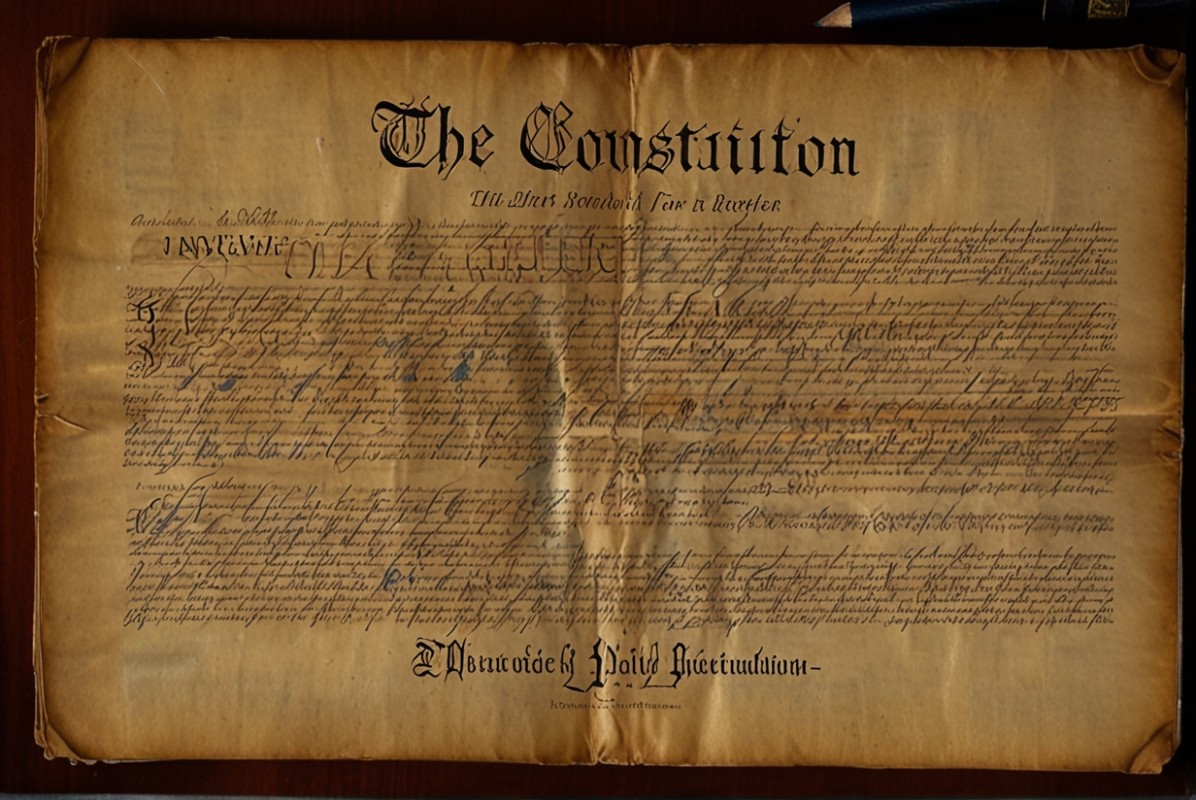Digital Second Amendment: Preserving Bitcoin Rights


The United States is well known for its Second Amendment. In fact, the right to arms could be described as one of the national characteristics of the American nation. Some would say that without the Second Amendment, America would simply remain Europe abroad. And what is currently happening with Bitcoin regulation could become the same legal pillar of the American nation.
It included the right to “keep and bear Arms” to provide for national defense, to check federal tyranny, and to maintain the balance of power between the people, the states, and the federal government. Anti-Federalists believed that the centralized standing army established by the Constitutional Convention would give the federal government too much power and create the potential for violent repression. In 2008, the Supreme Court ruled in District of Columbia v. Heller that the Second Amendment protects an individual’s right to bear arms for self-defense. This decision was made in 2010 in McDonald v. Expanded into state and local laws through the City of Chicago. There is no need to go deeper. Let’s take a look at how it is connected to Bitcoin.
It can be said that the past five years have been truly harsh for American Bitcoin miners, especially miners. Free market values and cheap electricity prices (more on that last one) have created a huge market and a huge community for Bitcoin mining companies. At the same time, uncertainty about tax regulations has made life extremely difficult for these companies. You can’t run a business if you don’t know how to file taxes. This has made America look like a third world country when it comes to business.
In addition, there was great pressure from the European Union (EU) regulation MiCa. It’s a huge law that defines almost every aspect of the Web3 economy. A true child of European bureaucracy. Some say the regulations are strict and inconvenient, but at least they bring certainty. Since then, many companies have started setting up branches in the EU with a full relocation in mind. It seemed like America was losing its cryptocurrency.
But a few things have happened over the past few months. As a lawyer, I think this is groundbreaking. I’m talking about initiative in my own right. The Satoshi Action Fund has announced model “mining rights” legislation to protect commercial cryptocurrency mining operations from local oversight and regulation. Key provisions of this model bill include:
- Prohibits localities from enacting zoning and noise ordinances that could restrict the operation of noisy cryptocurrency mining facilities.
- Prevents utility regulators from properly overseeing cryptocurrency mining operations and setting appropriate electricity rates that account for costs, grid impacts, and impacts to other consumers.
Several states have now passed or proposed similar “mine rights” bills, including Arkansas, Montana, Missouri, Mississippi, Louisiana, and Virginia. These laws aim to protect cryptocurrency mining activities from government interference and regulation. The common goal of these efforts is to establish “fundamental Bitcoin rights” that prevent states and localities from restricting or properly managing the cryptocurrency mining industry.
Both the Second Amendment and “right to mine” legislation are rooted in the desire to limit government intervention and protect individual/state rights. Both aim to balance power between the federal government, states, and public/private entities. They share the same values. And it could lead to similar results.
Likewise, the question of centralization or decentralization of cryptocurrency mining rights is now emerging. Meanwhile, some states and senators are attempting to limit or regulate mining due to environmental concerns and the strain on the power grid. On the other hand, lobbyists, including the Satoshi Action Fund, are advocating for a ‘mining right’, advocating a decentralized approach without excessive government intervention.
If successful, the Satoshi Fund initiative could give America’s Web3 economy a boost compared to its post-World War I upswing. And the most interesting thing is that this plan indicates that perhaps Web3 may not need large, well-developed regulations. All you have to do is have a very basic foundation and bring it all to market. What is most interesting is that this is a completely different approach from the European Union. I can’t say which is better, but I’m convinced that diversity can lead to regulatory competition. And all competitions are for the best in the community.
The right to arms was a landmark in American history. Although it focused more on external enemies, it actually enabled people to defend their independence and freedom. The right to mine, or basic Bitcoin right, focuses more on financial freedom.
As a non-American lawyer, I have been very pessimistic over the past few years. It occurred to me that this was not the country it used to be. The Bitcoin community faces a completely different reality than previous generations that made the U.S. economy the best economy in the world. But what’s happening now makes me think that maybe there’s still that mentality in America, and that this mentality has a lot more to do with the Web3 economy than it might seem at first glance.
This is a guest post by Artem Afian. The opinions expressed are solely personal and do not necessarily reflect the opinions of BTC Inc or Bitcoin Magazine.
